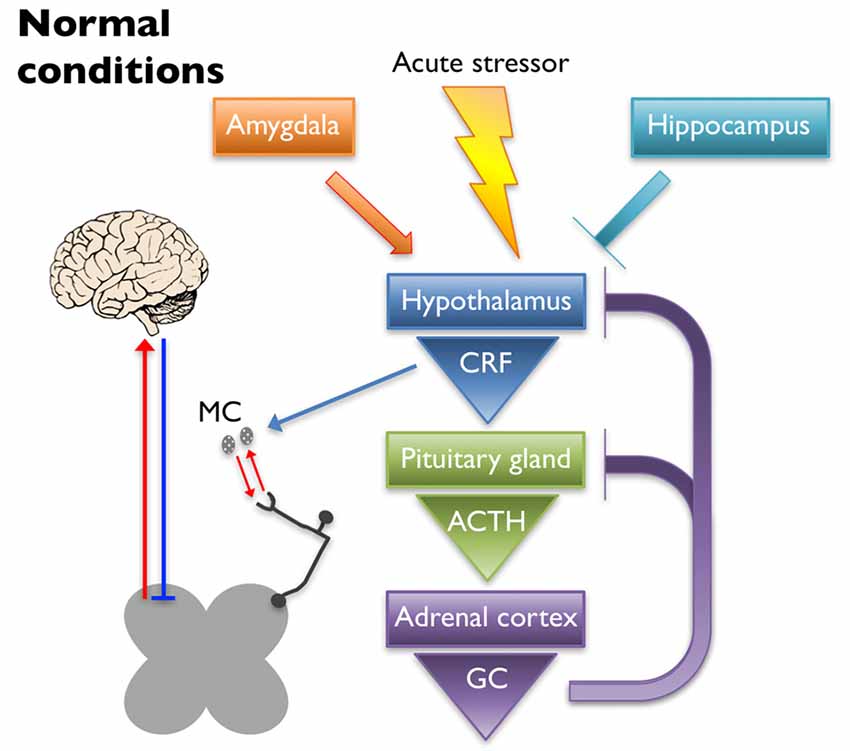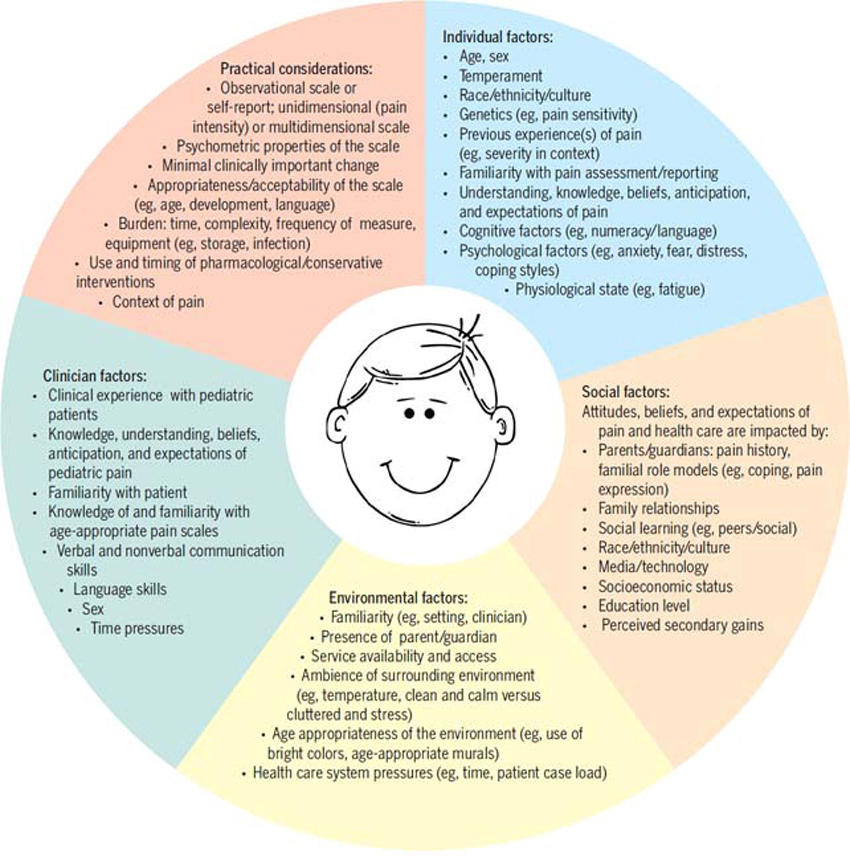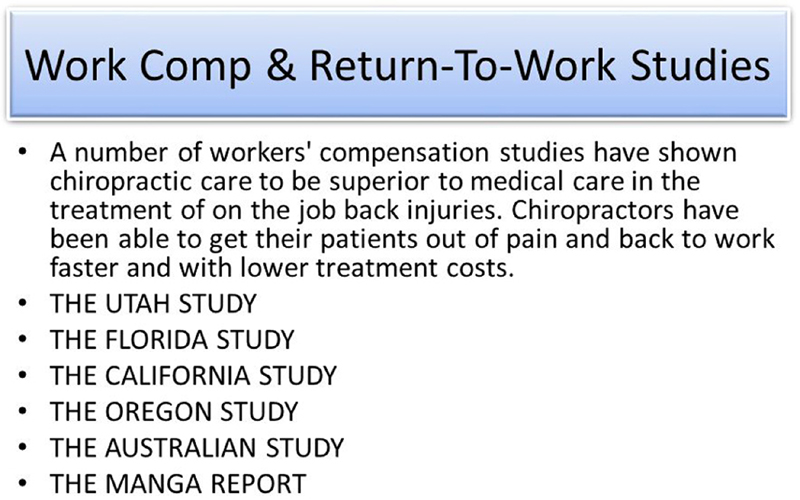Central Hypersensitivity In Chronic Pain After Whiplash Injury
SOURCE: Clin J Pain. 2001 (Dec); 17 (4): 306–315
Curatolo M, Petersen-Felix S, Arendt-Nielsen L,
Giani C, Zbinden AM, Radanov BP.
Department of Anesthesiology,
University Hospital of Bern,
Inselspital, Switzerland
OBJECTIVE: The mechanisms underlying chronic pain after whiplash injury are usually unclear. Injuries may cause sensitization of spinal cord neurons in animals (central hypersensitivity), which results in increased responsiveness to peripheral stimuli. In humans, the responsiveness of the central nervous system to peripheral stimulation may be explored by applying sensory tests to healthy tissues. The hypotheses of this study were:
(1) chronic whiplash pain is associated with central hypersensitivity;
(2) central hypersensitivity is maintained by nociception arising from the painful or tender muscles in the neck.
DESIGN: Comparison of patients with healthy controls.
SETTING: Pain clinic and laboratory for pain research, university hospital.
PATIENTS: Fourteen patients with chronic neck pain after whiplash injury (car accident) and 14 healthy volunteers.
OUTCOME MEASURES: Pain thresholds to: single electrical stimulus (intramuscular), repeated electrical stimulation (intramuscular and transcutaneous), and heat (transcutaneous). Each threshold was measured at neck and lower limb, before and after local anesthesia of the painful and tender muscles of the neck.
RESULTS: The whiplash group had significantly lower pain thresholds for all tests. except heat, at both neck and lower limb. Local anesthesia of the painful and tender points affected neither intensity of neck pain nor pain thresholds.
There are more articles like this @ our:
The Whiplash Page and the
CONCLUSIONS: The authors found a hypersensitivity to peripheral stimulation in whiplash patients. Hypersensitivity was observed after cutaneous and muscular stimulation, at both neck and lower limb. Because hypersensitivity was observed in healthy tissues, it resulted from alterations in the central processing of sensory stimuli (central hypersensitivity). Central hypersensitivity was not dependent on a nociceptive input arising from the painful and tender muscles.






Test
And great post!